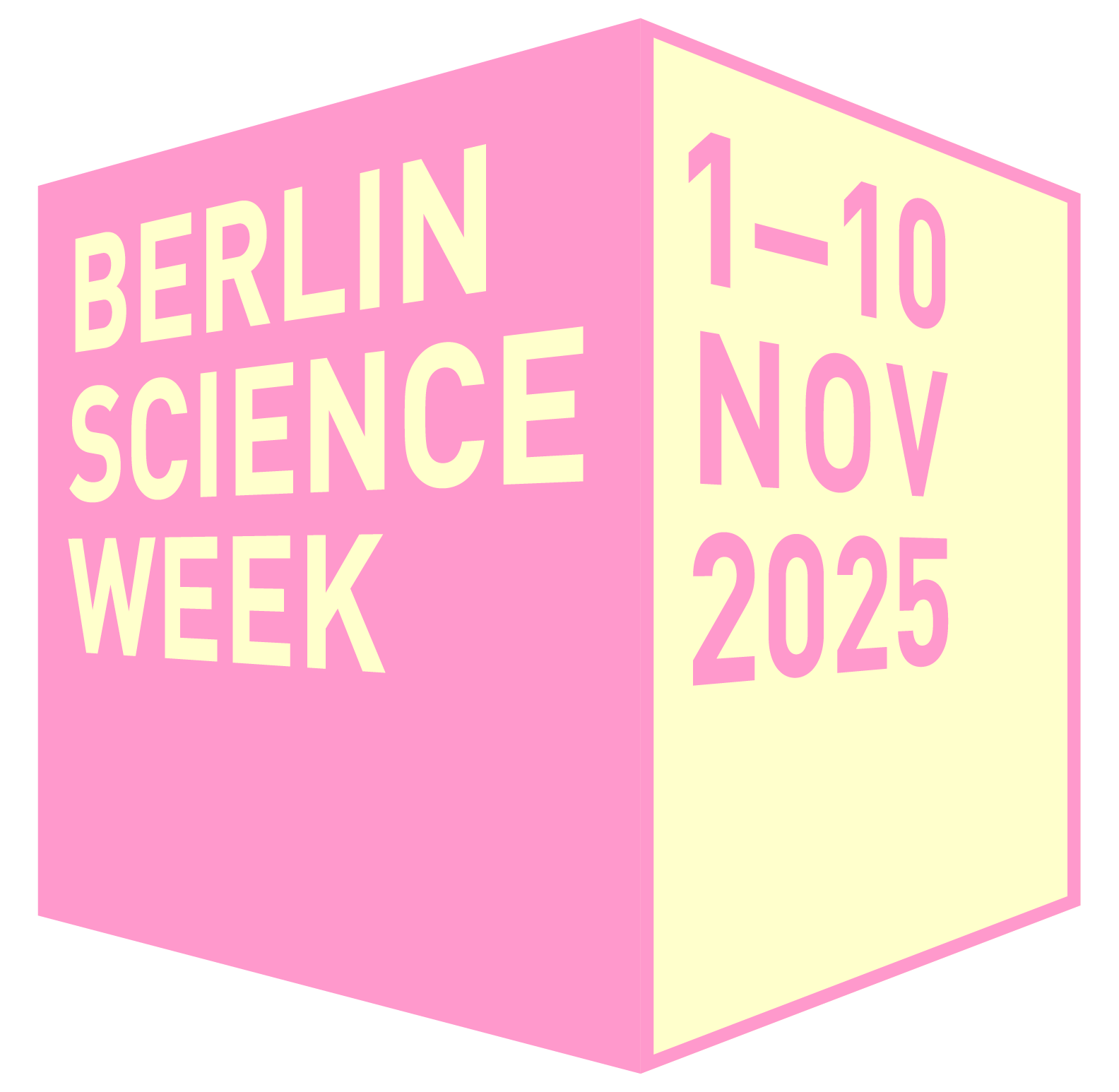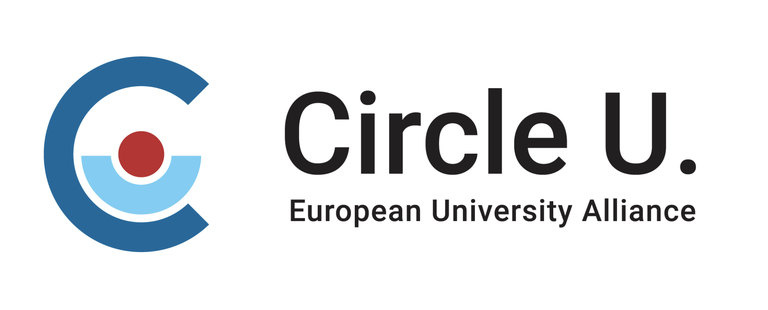River swimming in the Spree?
{{ time.start_TS | TS2dateFormat('MMM') }}
{{ time.start_TS | TS2dateFormat('YYYY') }}
| free of charge |
| Please book your ticket in advance online or at the box office in the foyer |
| Duration: 60 min |
| 14 years and older |
| German |
| Humboldt Lab, 1st floor |
| max. 25 persons |
Public bathing in the river in the middle of the city: this is what the “Fluss Bad Berlin” project is all about. The aim is to build a river bath on the Kupfergraben – an idea that is by far not entirely new from a historical point of view. Because 200 years ago there were still numerous river baths in Berlin, until the last bathing establishment was closed in 1925 for hygienic reasons.
Today, you have to go to Basel, Zurich or Copenhagen for urban river bathing. However, bathing places have also recently been opened in the Ruhr in Bochum and Essen, although they are temporarily closed if they become polluted. Monitoring the water therefore plays a decisive role in river bathing.
How can the water quality of the Spree be improved and monitored closely and in real time to enable permanent river bathing? And what is known about the condition of the Spree at all? Carsten Riechelmann, an engineer for biotechnology and bioprocess engineering who works for Flussbad Berlin e.V. and is doing his PhD at the Technische Universität Berlin, will address these questions at Meet the Scientist.
VORTRAGENDER
Carsten Riechelmann is an engineer for biotechnology and bioprocess engineering. As part of his doctorate in the field of urban water management, he has been researching water treatment processes at the Technische Universität Berlin’s field office in Egypt since 2012. From 2018 to 2020, he mapped the water quality on 3800 km of European waterways by ship using state-of-the-art sensor technology. Since 2020, he has been in charge of measuring and researching the water quality and possible filtration processes of the Spree in the Fluss Bad Berlin urban development project.


